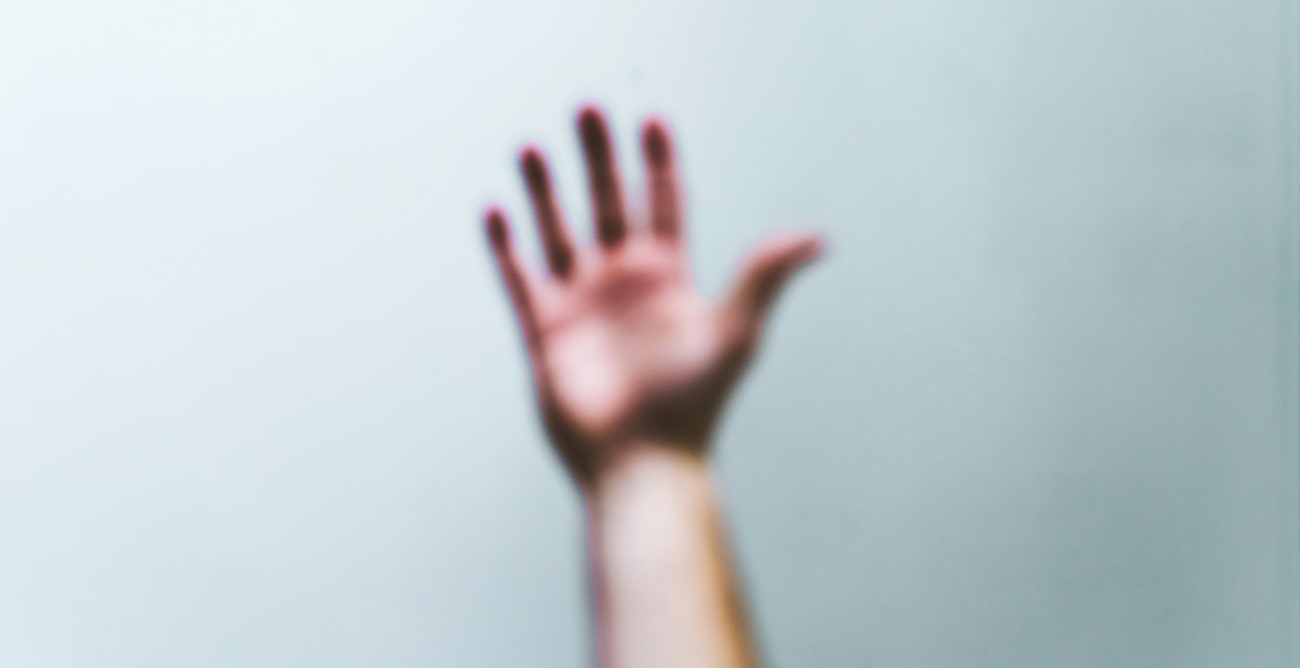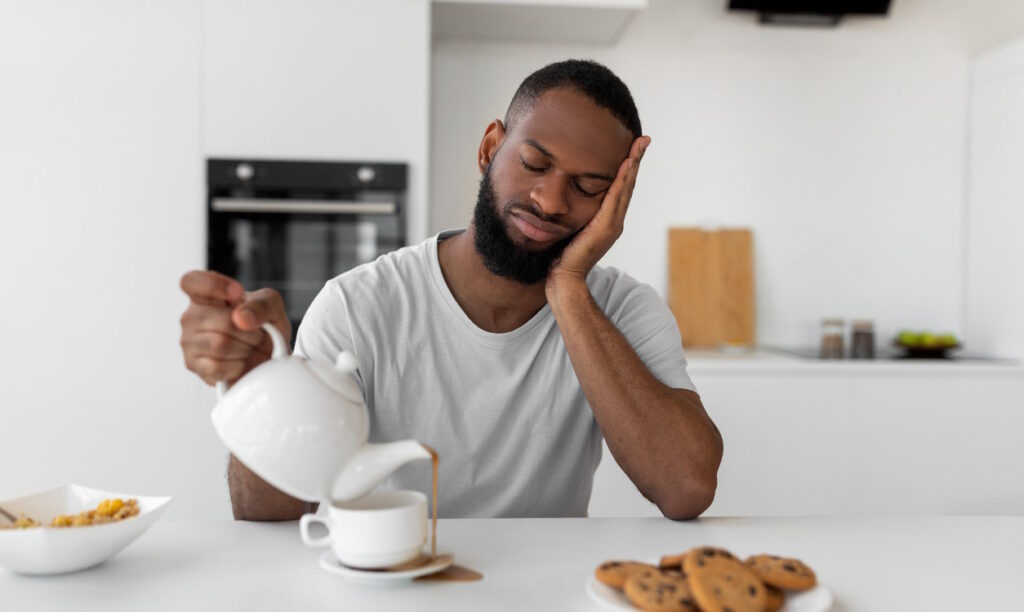These days, everyone knows how important a good night’s sleep is. Sleep research has come along way, so aside from feeling a little groggy in the morning, we know that a lack of sleep can start a ripple effect on our general health.
You’re probably aware that poor sleep impacts the performance of the mind and body, but did you know that it can also lead to a degradation in eye health? If you’re unsure about your quality of sleep and eye health, visit your eye doctor for a comprehensive exam.
In this article, we’re breaking down how a lack of sleep can affect the health of our eyes.
How Poor Sleep Impacts Our Eyes
There are a variety of reasons people end up getting poor sleep. Whether it’s young children, high levels of stress, alcohol consumption, or staying up all night studying, our body pays the price the next day. Like the rest of our body and mind, our eyes need proper rest to continue to function at their full potential. And when it comes to our eyes, poor sleep shows.
Vision Problems

One of the most common symptoms of not enough sleep is an eye twitch. Classified as an involuntary spasm and clinically known as myokymia, this annoying side effect has the ability to impact our vision and disrupt focus all day long. The good news is this issue is not painful or super serious, remedied by a single night of quality sleep.
Aside from eye spasms, you may find that your vision becomes blurry when you’re running low on sleep. This is particularly true if you’ve spent the night partying, studying, or binging your favourite show. When our eyes are called to work overtime, our vision pays for it the next day.
Myopia
Also known as nearsightedness, myopia is a condition that typically develops in young people and gradually gets worse over time. Most cases are harmless (besides the vision loss), but in extreme cases, myopia can lead to serious issues like retinal detachment and macular degeneration.
Sleep deprivation can cause myopia, but children and youth are more at risk. In a 2015 study, it was found that 12-19-year-olds who slept less than 5 hours per night were 41% more likely to have myopia.
Light Sensitivity
If you find yourself squinting more than normal at the morning sunlight, there’s a good chance you didn’t get proper sleep the night before. When our eyes are well rested, they welcome that early morning sunshine. But when they need to go back to bed, they will literally start to close on us when it’s too bright. If you are sleeping well but notice light sensitivity later in the day, that could be your sign to start indulging in a brief afternoon nap.
Under Eye Baggage

Eye bags are the classic sign of tiredness and lack of sleep. Characterized as dark circle underneath our eyes, this is the tell-tale sign that someone had a bad night’s sleep. But why does this happen? It turns out that the cause of that under-eye baggage is actually a buildup of fluid, which not only changes the colour of our under-eye, but makes it appear slightly swollen.
Dry Eyes
Dry eyes is a common eye condition that can occur for a number of reasons. In any circumstance, our eyes become dry when our meibomian glands are either blocked or malfunctioning. These glands are responsible for producing a critical oil layer of tears for lubrication, so when something’s up, the first thing you’ll notice is dry eyes.
When our meibomian glands are malfunctioning, this can lead to further issues other than dry eyes. The door becomes opened for infection. The good news is that there is fairly simple treatment available, which can provide relief for dry eyes and aid the malfunctioning meibomian glands.
What Sleep Deprivation Does to Our Eyes

Having a poor night of sleep is one thing, but if you consistently aren’t getting enough sleep, you’re due for more serious issues. Sleep deprivation happens after consistent lack of sleep and can lead to some pretty serious health conditions if the problem persists. This condition is common as well. A recent Public Health report states that about a quarter of Canadian adults have problems with falling or staying asleep most or all the time.
When experiencing sleep deprivation, one eye condition that can occur is eye strain. While eye strain can be caused by a number of factors, severe cases can result in popped blood vessels in the eye, which is about as painful as it sounds.
Another eye condition linked to sleep deprivation is something called Anterior Ischemic Optic Neuropathy (AION). This condition typically targets people with sleep apnea as they age, occurring when continuous lack of sleep and low blood flow to the eyes damages the optic nerve.
If you or your child is experiencing trouble sleeping or any of the symptoms mentioned in this article, it’s time to come in for a comprehensive eye exam. An optometrist can not only work with you to correct vision issues, but spot serious eye conditions that haven’t fully developed yet.
Inner Harbour Optometry has two downtown Victoria locations and is ready to take on new patients. Call, click, or visit today and take control of your eye health.
